‘Rip off the bone’: Sad reason Aussie woman’s home always filthy
A 36-year-old woman has revealed the awful state of her home and why it was always filthy. The reason is heartbreaking.
A young woman who isn’t expected to live past 50 is hitting out at NDIS funding claiming decisions being made are a “mind blowing” waste of money as the system has copped increasing criticism with the scheme’s operating cost blowing out to $44.3 billion.
Samantha Parker got a tooth infection five years ago and it turned into a debilitating life-limiting condition after the initial treatment went wrong.
“I ended up going septic and almost died. I was given lifesaving antibiotic – a drug of last resort that is 25,000 times stronger than any other antibiotics. It was seven days of treatment and I couldn’t lift my feet off the floor,” she told news.com.au.
“Trauma to the body can trigger an auto-immune disease as I have a predisposition to it.”
The 36-year-old has been diagnosed with psoriatic arthritis which affects her joints, ligaments and tendons and causes extreme inflammation.
“Everywhere in my body where I have them — they all trying to rip off the bone,” she added.
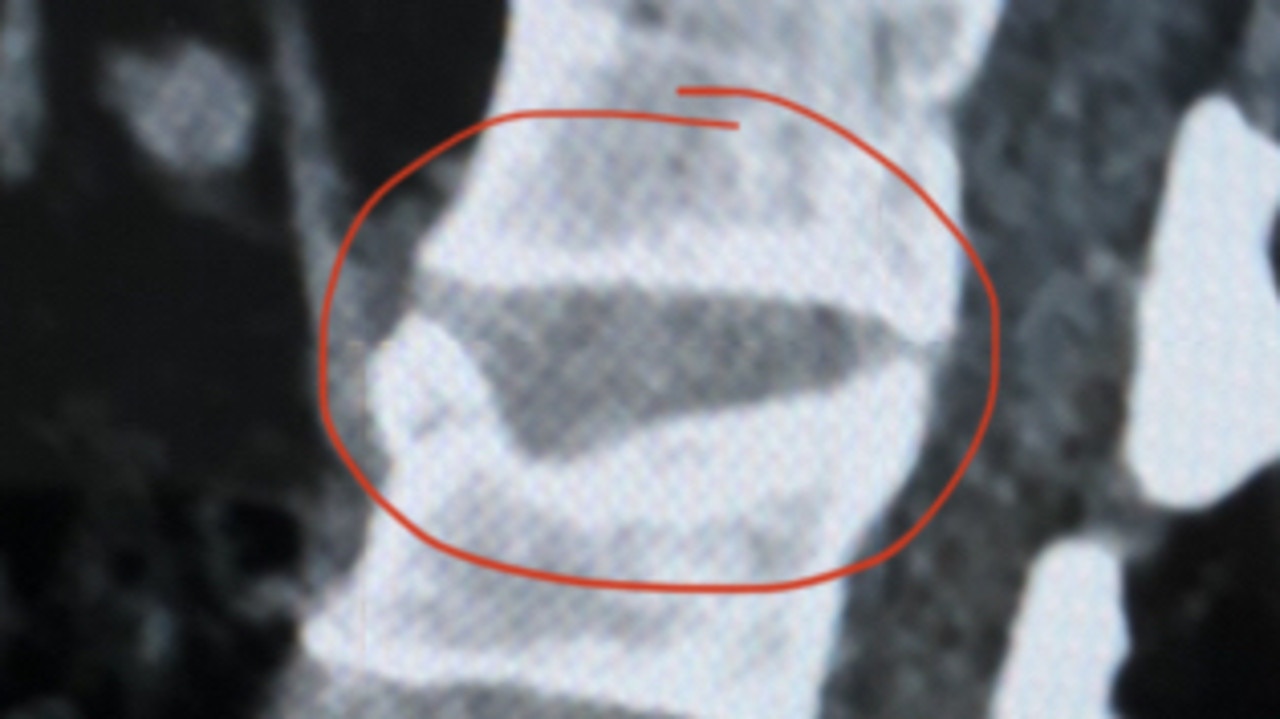
She has tried eight different drugs and some have had severe consequences for her health.
“I’ve had two mini strokes, deep vein thrombosis riddled throughout my legs twice, two incidents of pulmonary embolism and eight big blood clots in my lungs,” she said.
The Adelaide woman said she pushed through working from home for two years but was finally medically retired in January this year.
She applied for NDIS funding in August 2022 but found the process a nightmare.
Delays to being put on the scheme and rejection of requests such as home modifications mean she has been forced to stay on a huge dose of steroids, which isn’t good for her health, she said.
“I remain on a massive dose on steroids to remain semi functional and it doesn’t reflect well for my prognosis. I’m going to die young, it is what it is,” she said.
“I have mobility issues, fatigue, a lot of pain. I don’t take opioids, the whole America thing, I don’t want to do it and wipe myself out.
“I’ve fallen in my house and fractured my spine and tore my stomach muscles pulling myself up on the bench to call for help after 45 minutes. I knocked 60 per cent of that vertebra and crushed it in half – you usually only do that in a car accident but it’s because I landed on tiles.”
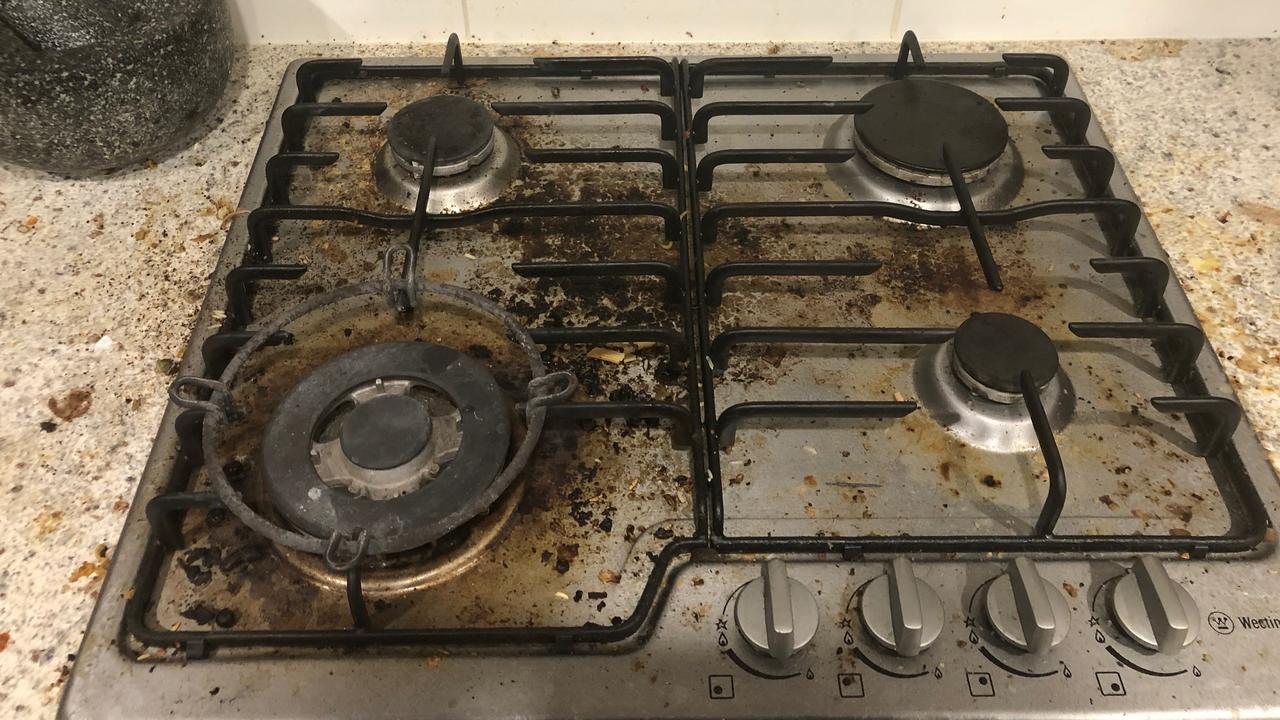
But Ms Parker was forced to go to the tribunal before she got approved to go on the NDIS in June last year.
Since then claims requests under her NDIS plan do not make sense financially, she claims, with a focus on job creation rather than the best use of funds and individual’s needs.
For example, they have rejected home modifications and instead she may have to move into NDIS accommodation.
“They have dragged the process out so much I’m looking at selling my property in the next six to 12 months as I can’t get home modifications. It’s things like a little bit of concreting to allow for wheelchair access, widening of doorways, which comes to $90,000,” she said.
“Say I live five years in assisted NDIS accommodation that’s half a million dollars as opposed to $90,000 and that’s just for the accommodation.
“It doesn’t include people helping to wash my hair or do laundry that’s all in addition for that. I find that mind-blowing.”
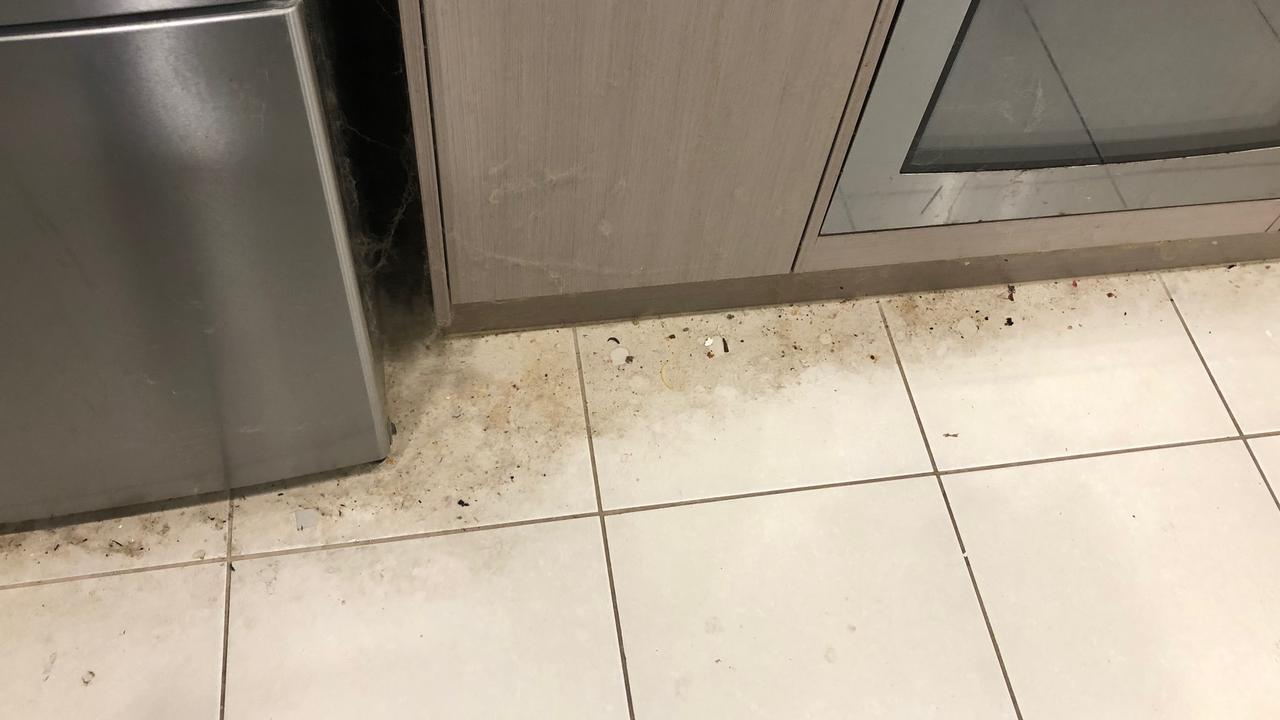
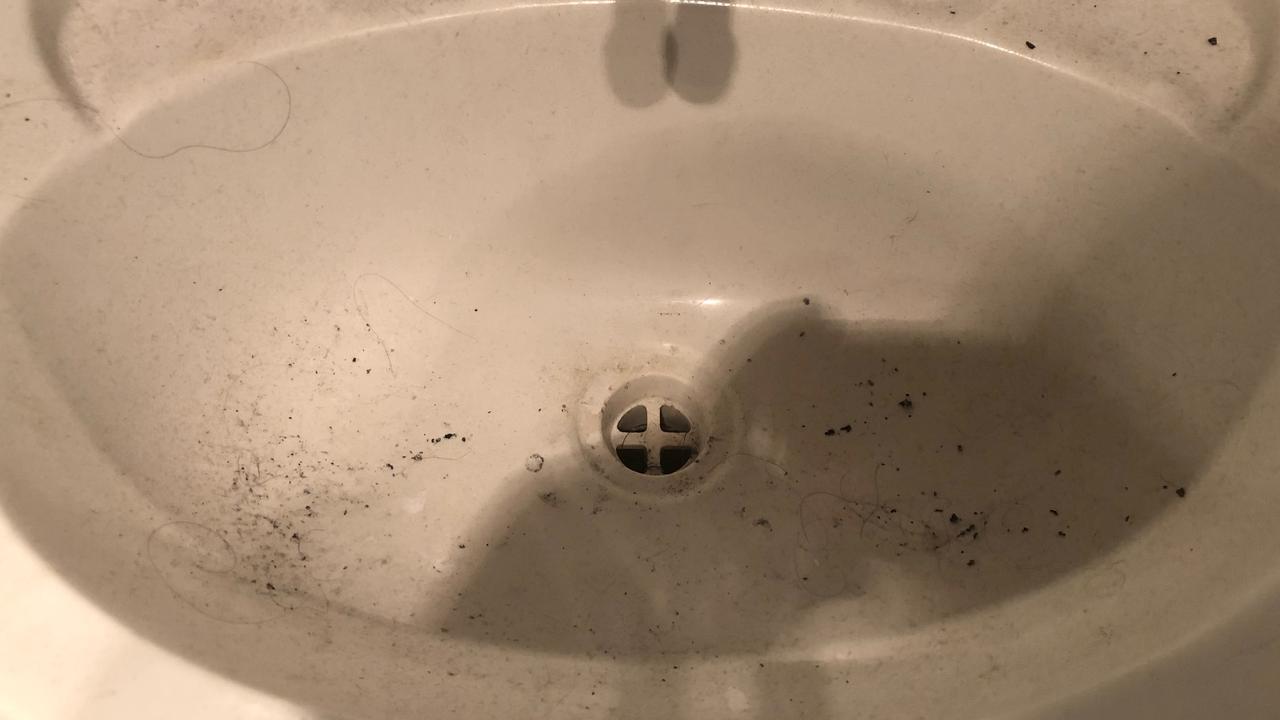
She added that she had spent $10,000 on reports and six months of work to put a case together for the home modifications and claims it was rejected within three hours of being submitted.
She added part of her NDIS plan includes $58,000 over two years to “socialise me like a puppy”.
But she said a request for $4000 to buy a bed to put in her spare room so her friends could stay when visiting was denied – even when she offered to pay for half out of her own money.
“I think the problem is the whole idea is it’s supposed to be tailored to individuals in order to prevent rorting, which is bullsh*t and it doesn’t exist,” she added.
“The NDIS just funnel people down these generic pathways and want to socialise you like a puppy or child for $58,000 when I just want a bed.”
Then there is her NDIS plan which has been under review. Under the NDIS, they are obligated to come back with decisions within 21 but can ask for an extension of 57 days.
Yet it has taken eight months for the NDIS to release the new plan.
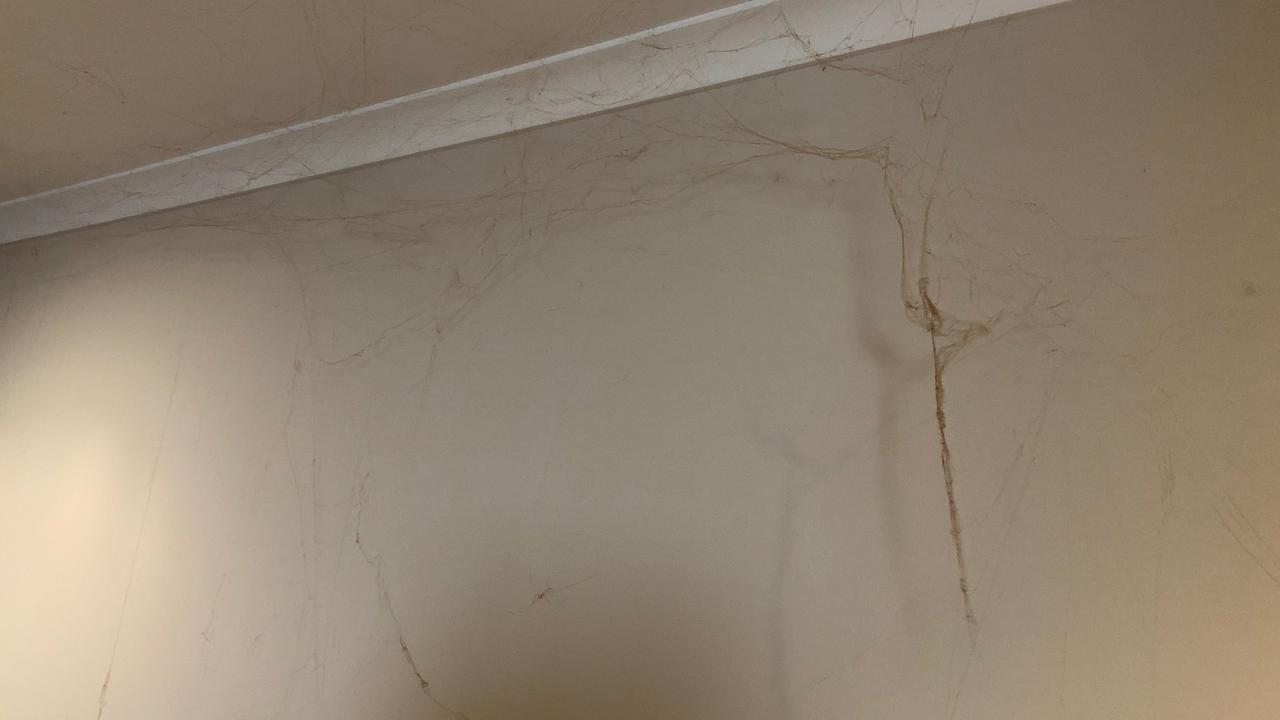
But it left her shocked as she claims it has been poorly put together.
She added the plan – which gives her funding of $189,000 – has also seen her funds drop by $22,000 despite her condition getting worse.
“Whilst gathering information for the new plan submission – which was clearly a waste of time as every aspect of it was completely disregarded – and waiting 28 weeks in line for a
planner to seemingly spend mere minutes compiling this plan, my health has significantly declined, my disease activity has increased and due to being stuck on steroids waiting for the NDIS, I have now developed lifelong osteoporosis and osteoarthritis,” she said.
“I am now poorer, sicker and closer to death then I was before I got on the NDIS.”
She has requested a review of the plan.
The former national marketing manager believes she can no longer physically live in her home anymore – something she is devastated by as she worked hard to achieve the goal of home ownership.
“I built my house at 22. I was at home eating noodles with my dogs while my friends were out partying. I’ve never been overseas, never been to music festivals, I just paid my mortgage and went to work,” she added.
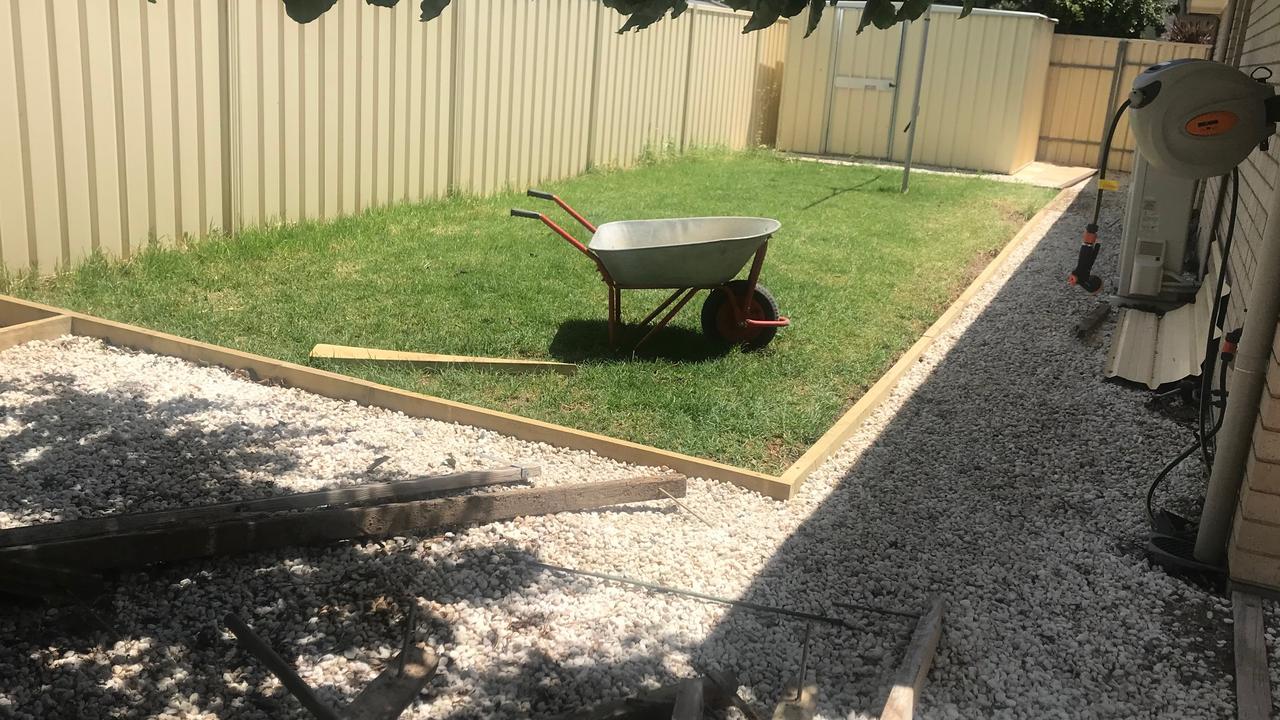
But Ms Parker desperately wants the NDIS system to operate effectively.
“They spent $2 billion a year purely on administration – nothing for participants — for people to shuffle paper. There are 5,000 employees with $2 billion dollars worth of resources each year, administering a scheme to 650,000 people – how is it possible that things have ended up this messy and this backlogged?”
But she added she is “incredibly grateful” for the NDIS.
“I’m not stupid — I know I could have been born in a country where they’d drag me out to the gutter and leave me there. We’ve been given a gift by Australian taxpayers and there isn’t a day that goes by I’m not acutely aware of that,” she added.
“I’m scared that I’m going to have to spend the rest of the life that I have left fighting these people for everything. I’m scared that I’m going to take my last shred of independence, hand it over to these people and they’re going to go on to mess this whole thing up.”
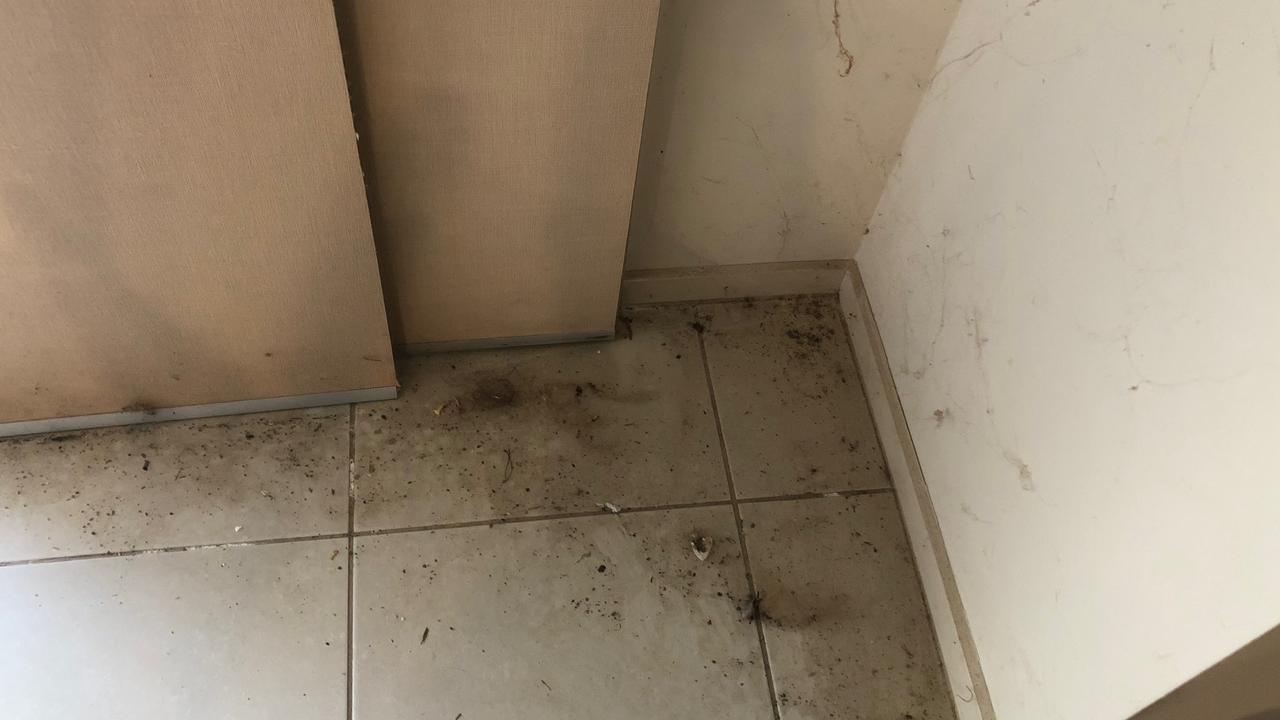
Ms Parker said its clear that health services that should address the needs of some NDIS participants either don’t exist or are underfunded.
“Everyone is piling on to NDIS that shouldn’t be there. I have a brother with intellectual disability in his 40s now and back in the day there used to be on state services for that and now he’s on the NDIS,” she said.
Experts have shared Ms Parker’s criticisms such as British social policy reformer Dr Simon Duffy.
He has warned the NDIS is flawed and would not survive in it current form, describing it as a “hyper-centralised” scheme that “imposed an unnecessary, expensive and centralised bureaucratic infrastructure”.
This design risked critical community and state-level services being withdrawn resulting in the national scheme being only place to get disability support.
Ms Parker said her latest plan has also cut the funding for her mobility scooter — something she hasn’t obtained yet as her house can’t accommodate it in its current form.
“If I wasn’t on steroids, I “I'd probably in a wheelchair part time and walker the other time. In my home I could wall surf and push off furniture,” she said.
“If there is a fire I’d be f**ked, I wouldn’t be able to get out of the house without the steroids.”
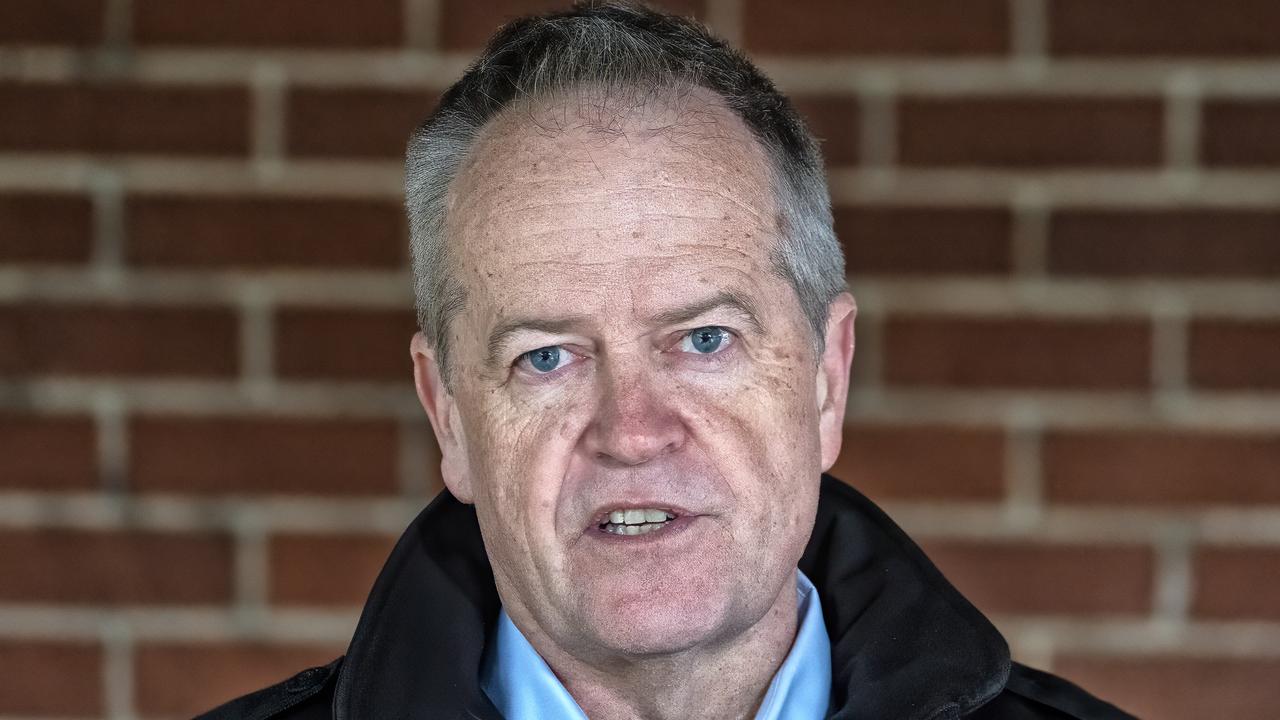
Ms Parker is still traumatised by what she said was a battle to get on the NDIS where she said she was crawling in her own blood and urine around the house.
She couldn’t clean her house for 18 months either and said it’s been “confronting” realising she has a disability. She wants to see $51,000 of her social funding in her latest plan partially reallocated.
“I don’t need to be socialised like I’m a dog. I need to not be in so much pain that I’m forced to pop pills and become a pharmaceutical junkie and die even quicker than I already will,” she said.
An National Disability Insurance Agency’s spokesperson said the NDIS forms one part of the disability ecosystem and works in co-ordination with other mainstream services, such as the health system.
“The NDIS was not designed to cover the treatment of health conditions, this continues to be the responsibility of the health system,” they said.
“The NDIA’s priority is ensuring every participant, like Samantha, has access to the disability-related supports they require.
“Samantha has a significant level of funding within her plan. However, the NDIA has not approved some of her requested supports as these do not meet the definition of an NDIS support in the legislation.”
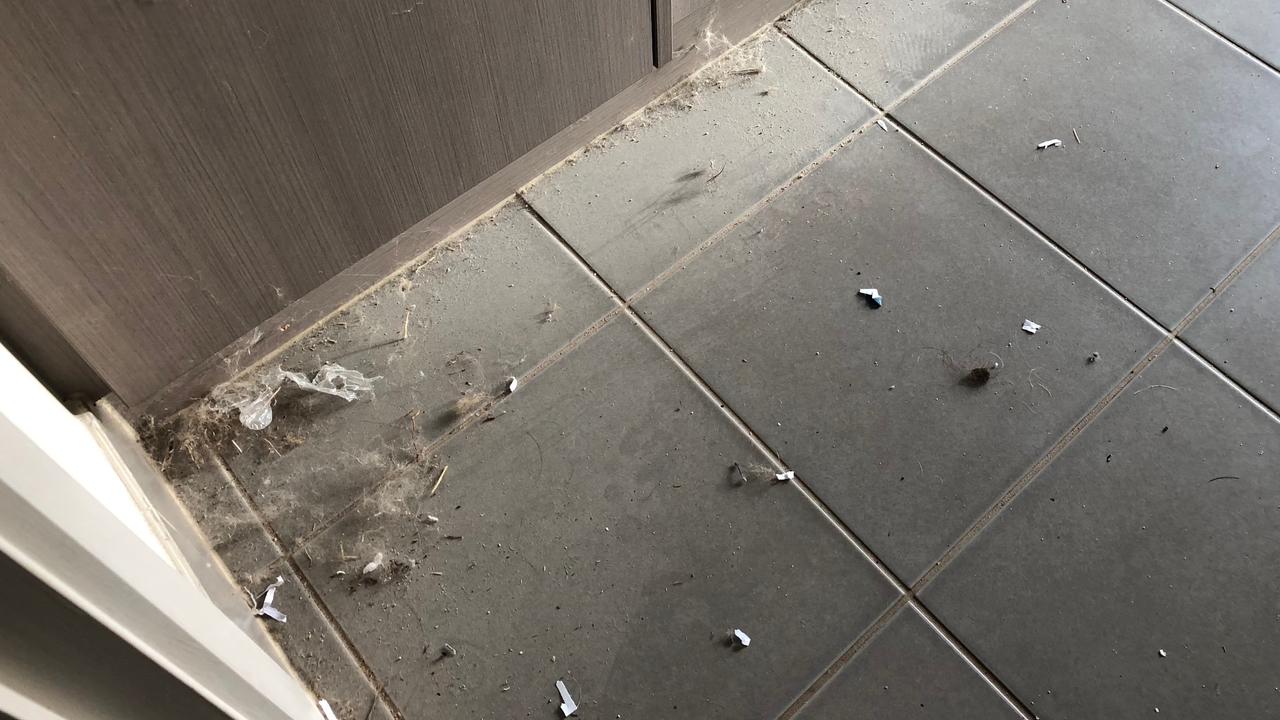
Under the NDIS, participants are provided with a budget to purchase approved supports and must spend this budget in line with their NDIS plan, the spokesperson added.
“A participant’s NDIS plan is built to ensure they have appropriate levels of funding and support for the duration of their plan,” she said.
“The NDIA may require supporting evidence to inform a decision on a participant’s funded supports. All available, submitted evidence, including from allied health professionals is considered.
“The NDIA does not always fund everything recommended by a health professional, all funding decisions are made in accordance with the NDIS Act.”
sarah.sharples@news.com.au






